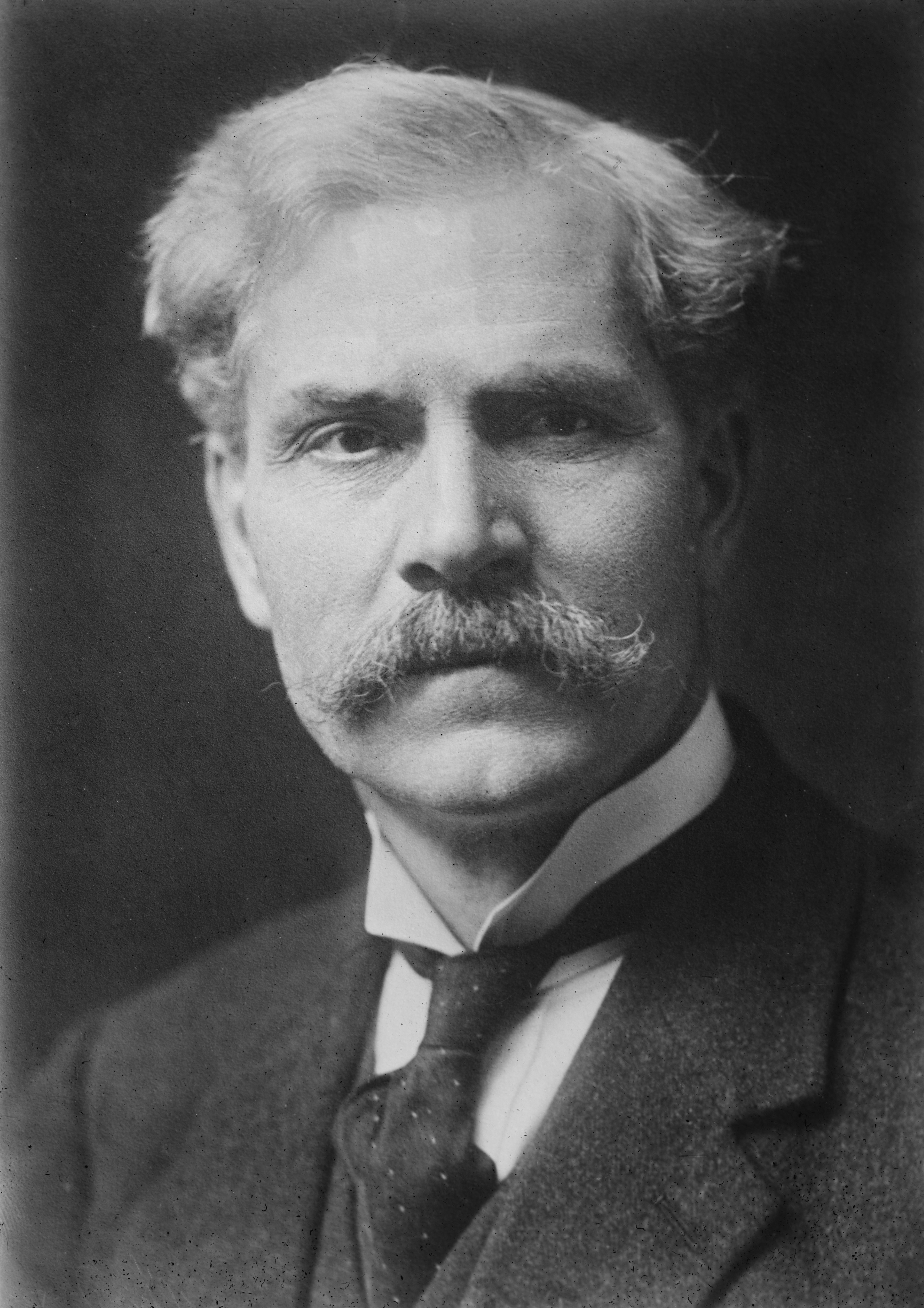Letter to the Mayor of Leicester, declining to speak at a recruitment meeting (September 1914), quoted in David Marquand, Ramsay MacDonald (Metro, 1997), p. 175
1910s
Famous Ramsay MacDonald Quotes
Speech at the Free Trade Hall, Manchester (24 May 1929), quoted in David Marquand, Ramsay MacDonald (Metro, 1997), p. 487
1920s
“Yes, to-morrow every Duchess in London will be wanting to kiss me!”
Source: MacDonald to Philip Snowden the day after the formation of the National government (25 August 1931), quoted in Philip Snowden, An Autobiography. Volume Two: 1919-1934 (London: Ivor Nicholson and Watson, 1934), p. 987
Notebook entry (27 December 1932) on his estrangement from the Labour Party, quoted in David Marquand, ‘ MacDonald, (James) Ramsay (1866–1937) http://www.oxforddnb.com/view/article/34704,’, Oxford Dictionary of National Biography, Oxford University Press, 2004; online edn, Oct 2009
1930s
Speech as chairman of the London Naval Conference (January 1930), quoted in David Marquand, Ramsay MacDonald (Metro, 1997), p. 510
1930s
Loud cheers.
Leicester Daily Mercury (6 January 1906)
1900s
Ramsay MacDonald Quotes about the world
Source: Diary entry (8 March 1936) in response to the remilitarisation of the Rhineland, quoted in Stephen A. Schuker, 'France and the Remilitarization of the Rhineland, 1936', French Historical Studies, Vol. 14, No. 3 (Spring, 1986), p. 314
Speech to the National Labour conference at Caxton Hall, London (28 October 1935), quoted in The Times (29 October 1935), p. 9
1930s
Address to the German Reichstag (15 October 1928), quoted in The Times (16 October 1928), p. 15
1920s
Source: Speech in the Royal Albert Hall, London, in support of the aims of the Disarmament Conference in Geneva (11 July 1931), quoted in The Times (13 July 1931), p. 14
Ramsay MacDonald Quotes
The Zollverein and British Industry (1903), p. 164
1900s
The Zollverein and British Industry (1903), pp. 159-160
1900s
Socialism and Society (1905), pp. 164-165
1900s
“Of the Budget as a whole, I say "Bravo". I am going to support it through thick and thin.”
On Lloyd George's People's Budget, quoted in 'From Green Benches', Leicester Pioneer (8 May 1909).
Speech to the Geneva Disarmament Conference (1933), quoted by John Gunther, Inside Europe (1940), p. 338, as an example of MacDonald's increasing mental deterioration.
1930s
Diary entry (23 April 1921), quoted in David Marquand, Ramsay MacDonald (Metro, 1997), p. 246. MacDonald was reading Strachey's biography of Queen Victoria. He finished the book two days later and wrote in his diary that he was relieved that Strachey "enmeshed in Victoria's virtues & the real drama of her last phase. As a good Victorian I shd. like to let myself loose upon him. A psychological study of unusual interest" (Marquand, p. 246)
1920s
“In youth one believes in democracy, later on, one has to accept it.”
Diary entry (20 March 1919), quoted in David Marquand, ‘ MacDonald, (James) Ramsay (1866–1937) http://www.oxforddnb.com/view/article/34704,’, Oxford Dictionary of National Biography, Oxford University Press, 2004; online edn, Oct 2009
1910s
Diary entry (22 August 1931) after the TUC rejected cuts in public spending, quoted in David Marquand, ‘ MacDonald, (James) Ramsay (1866–1937) http://www.oxforddnb.com/view/article/34704,’, Oxford Dictionary of National Biography, Oxford University Press, 2004; online edn, Oct 2009.
1930s
'From Green Benches', Leicester Pioneer (20 July 1911)
1910s
Speech to the National Labour conference at Caxton Hall, London (28 October 1935), quoted in The Times (29 October 1935), p. 9
1930s
Letter to Walton Newbold (2 June 1930), quoted in David Marquand, Ramsay MacDonald (Metro, 1997), p. 538
1930s
Remark to J. H. Thomas (14 January 1930), quoted in Thomas Jones, Whitehall Diary, Volume II: 1926–1930 (Oxford University Press, 1969), p. 235
1930s
Speech https://hansard.parliament.uk/Commons/1931-01-26/debates/8a5b21f7-05dc-4c09-b195-075ec6261125/CommonsChamber in the House of Commons (26 January 1931) on Indian constitutional reform
1930s
Leicester Pioneer (7 August 1914), quoted in The Times (9 April 1918), p. 8 and The Times (18 January 1924), p. 14
1910s
Leicester Pioneer (7 August 1914), quoted in The Times (18 January 1924), p. 14
1910s
Speech in Southampton (13 November 1934), quoted in The Times (14 November 1934), p. 16
1930s
Speech in the Hippodrome, Darlington (25 May 1929), quoted in The Times (27 May 1929), p. 9
1920s
